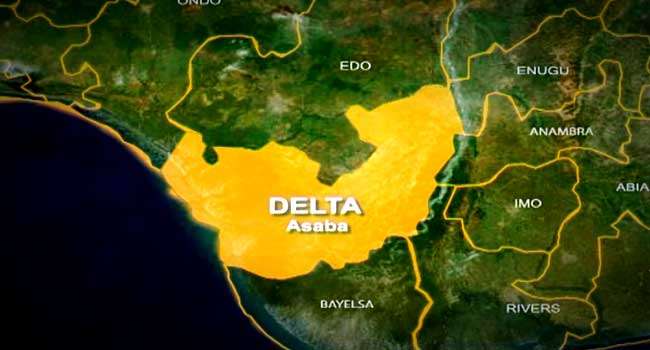The Delta State government’s commission of inquiry into long-standing land and boundary disputes involving Ogwashi-Uku and neighboring communities has concluded its sittings, hearing over 32 petitions that highlight years of simmering tensions. Led by Justice Ejiro Emudianowho, the commission brought various stakeholders together, including key representatives from Azagba-Ogwashi-Uku and the Ogwashi-Uku Kingdom, in a bid to resolve the complex disputes.
One of the most contentious cases involved allegations from the Azagba-Ogwashi-Uku community, represented by Ernest Adingupu, who accused Obi Ifechukwude Okonjo II of unlawfully bulldozing structures near Delta State Polytechnic. Adingupu claimed that the monarch had encroached on community land, drawing public attention to a long-standing boundary dispute.
However, during cross-examination, it was revealed that the contested land forms part of 500 hectares legally awarded to the Ogwashi-Uku Kingdom through court rulings delivered by Justice Theresa Diai, the current Chief Judge of Delta State.
The monarch’s legal counsel, Chike Onyemenam (SAN), provided extensive documentation supporting the kingdom’s claims, including court judgments, a warrant of possession, and a certificate of ownership.

Onyemenam also revealed that the disputed land had been designated for a planned mega-city project by the late Obi of Ogwashi-Uku, but parts of it were illegally sold by members of the Azagba-Ogwashi-Uku community to private traders.
Evidence presented to the commission included over 120 fraudulent deeds of conveyance and applications for ratification by alleged buyers.
“The allegations presented against the Obi lacked any substantive evidence,” Onyemenam stated. “This has been a coordinated attempt to discredit a monarch who has dedicated himself to preserving the communal heritage of Ogwashi-Uku and pursuing justice for its people.”
Adingupu, under cross-examination, was unable to provide documentation supporting his claims of land sales or ownership by the Azagba-Ogwashi-Uku community. This lack of evidence further undermined the accusations against the monarch.
In his closing remarks, Onyemenam emphasized that the proceedings consistently validated the Obi’s commitment to reclaiming Ogwashi-Uku’s communal lands from encroachment.
He described the allegations as part of a calculated smear campaign aimed at undermining the monarch’s authority and initiatives for community development.
As the commission completes its work, the outcome has cast a spotlight on the complex dynamics of land ownership and community rights in Delta State. While the inquiry may have clarified some legal boundaries, it has also underscored the deep-rooted tensions that often accompany such disputes.
For Ogwashi-Uku and its monarch, the findings may serve as a vindication of their efforts to protect communal heritage and pursue sustainable development




